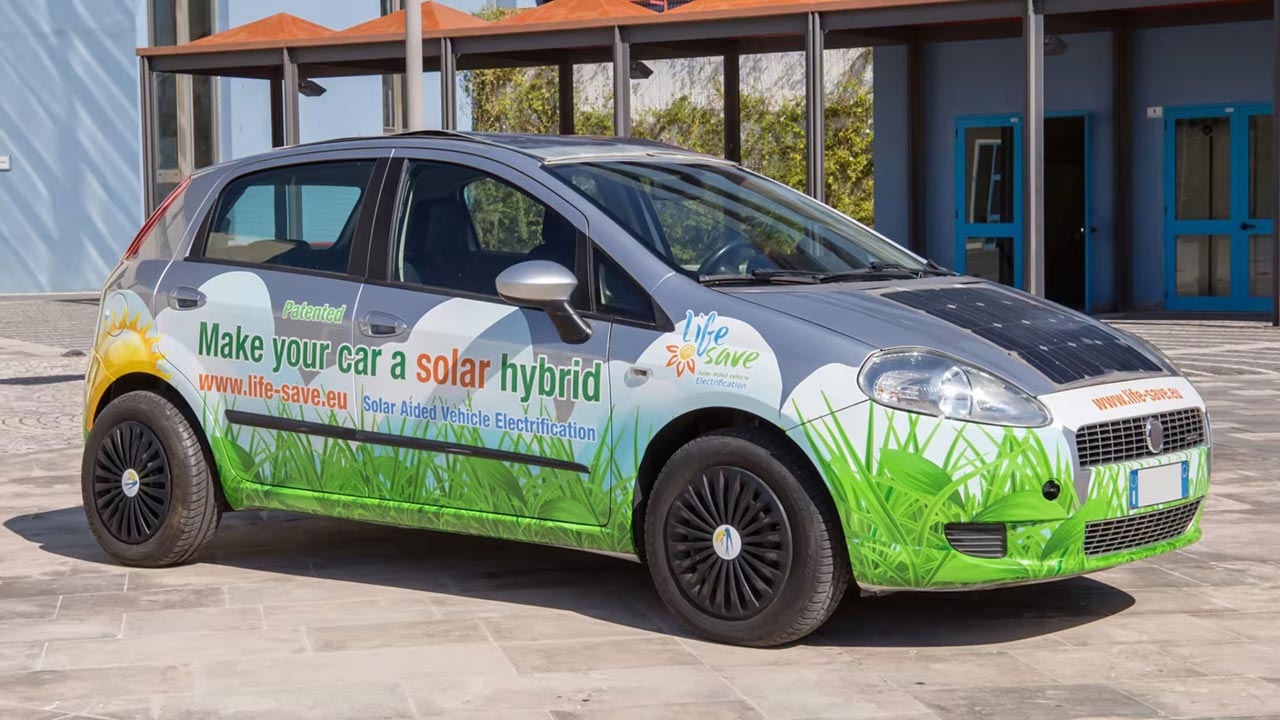The researchers, Maria Vittoria Prati, 66, and Fulvio Filace, 25, were carrying out road tests of a Volkswagen Polo retrofitted with a kit made by Life-Save last Friday. Prati, a prominent scholar at the Italian National Research Council, passed away on Monday. Filace, an engineering student, died a few days later, officials confirmed on Thursday.
The cause of the explosion that severely burned the two researchers remains unknown. The National Research Council has launched an internal investigation to “reconstruct the causes of the grave incident,” reports The Financial Times. It is also cooperating with the police probe, which has not identified any suspects, per Reuters.
“We express our most lively and mournful condolences to the families of senior researcher Maria Vittoria Prati and of Fulvio Filace for the tragic events,” Life-Save wrote on its website, which has been temporarily shut down following the incident. “We offer a prayer for them and heartfelt solidarity to all those who knew and loved them.”
Life-Save was looking to build a kit that would allow people to convert their internal combustion vehicles into hybrids. It included solar panels on the hood and roof, which help charge batteries that power two electric motors that can be attached to the rear wheels of front-wheel drive vehicles.
Intended to allow people to participate in the electrification of the automotive industry without having to pay for an expensive new vehicle, the project emerged from research first conducted at the University of Salerno. After launching their own company, the Life-Save drew as much as €1.8 million ($1.96 million at current exchange rates) in investments from the European Union. How the project will progress from here is not yet known.

